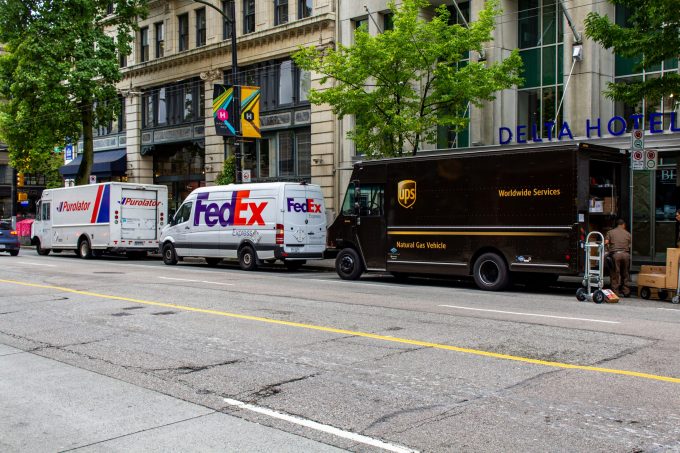Airlines slash freighter capacity post-de minimis, but 'the worst is yet to come'
Airlines have already significantly cut freighter capacity since last week’s de minimis change in the ...

The vultures are circling over the looming contract negotiations between UPS and the Teamsters union.
Competitors are nudging UPS customers to shift parcel volume over to them as a protection policy for a possible strike this summer.
The five-year contract for some 340,000 UPS employees who are ...
Four crew members still missing as Wan Hai 503 continues to burn
Explosions and 'out-of-control' fire reported on Wan Hai box ship
Predatory rivals circle as the ripples from DSV's Schenker buy widen
MSC Elsa crew face criminal probe, as Wan Hai 503 firefighters battle on
Latest Israeli attack on Iran a threat to box ships in Straits of Hormuz
'It's driving us mad', say forwarders as US court fails to end tariff turmoil
Transpacific rates ease as capacity boost proves too much for trades to digest

Comment on this article